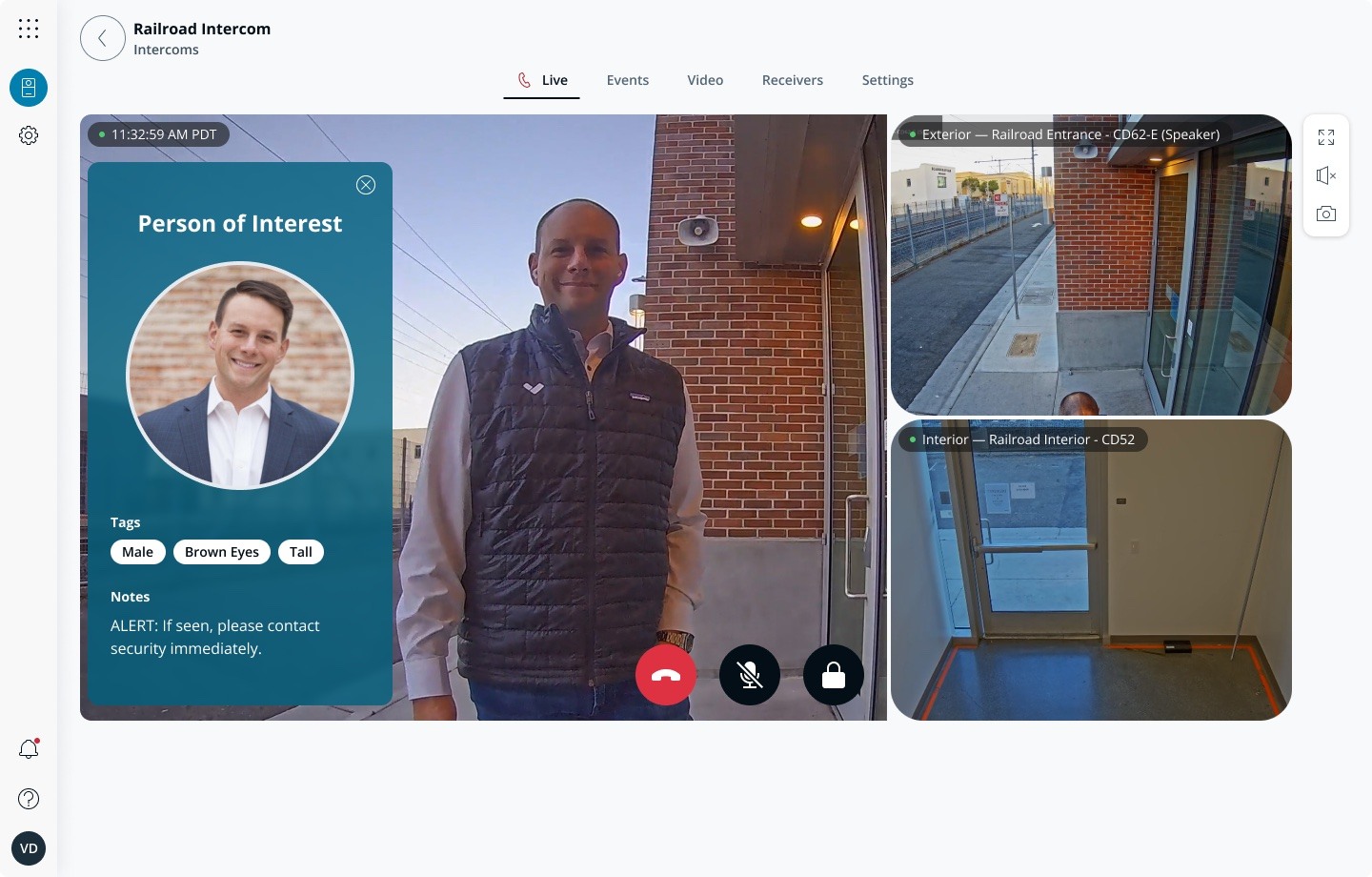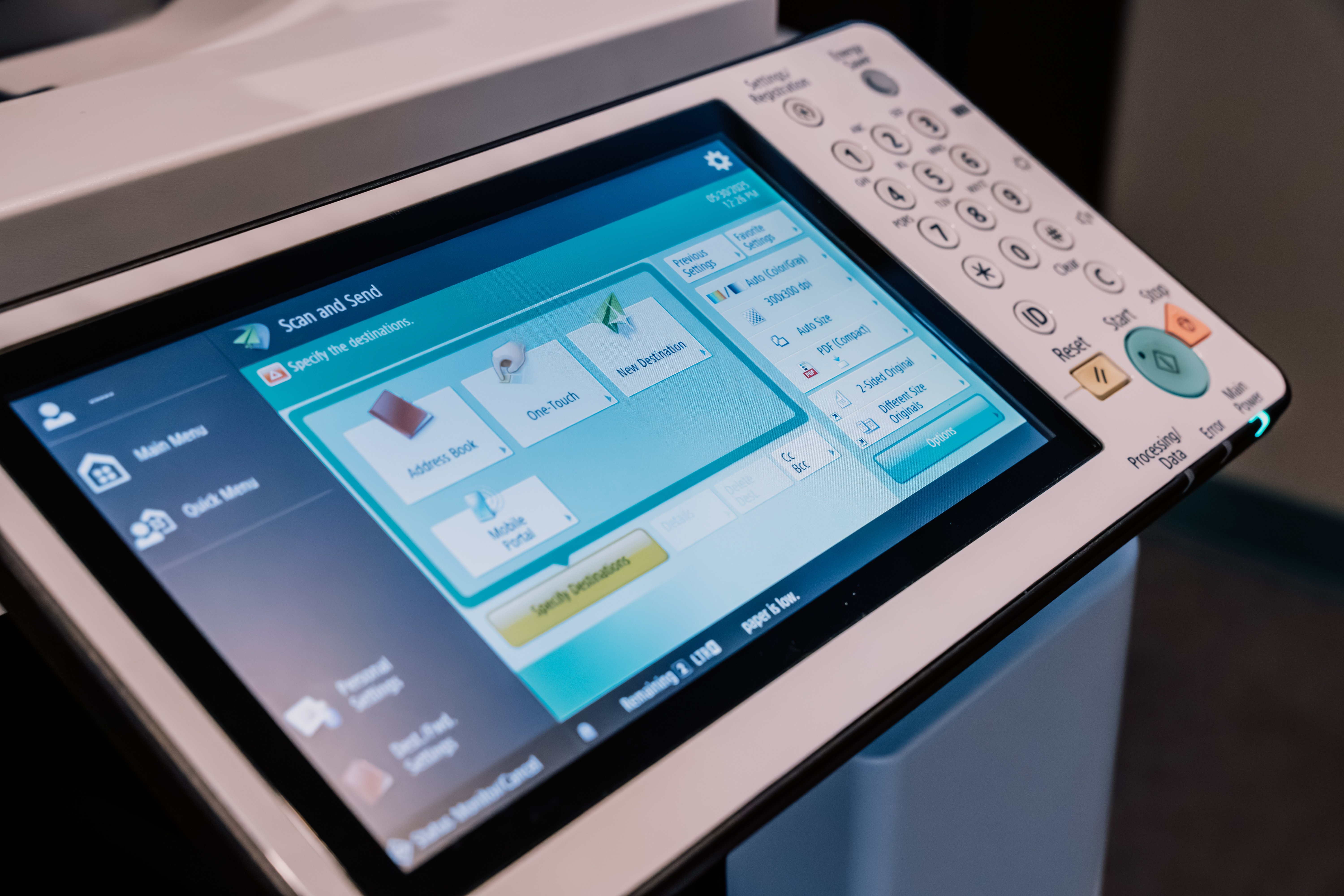How VoIP Enhances Remote Work & Hybrid Offices
The way businesses operate has changed dramatically in recent years, with remote work and hybrid office models becoming the norm rather than the exception. Companies that once relied on traditional phone systems are now finding that they no longer meet the needs of a mobile, dispersed workforce.
This is where VoIP (Voice over Internet Protocol) comes in. A cloud-based communication system, VoIP allows employees to stay connected from anywhere, ensuring that collaboration, productivity, and customer service remain seamless—no matter where your team is located.
In this blog, we’ll explore how VoIP enhances remote work and hybrid offices, and why businesses need to adopt a modern communication system to stay competitive.

1. Work From Anywhere With Seamless Communication
One of the biggest challenges remote and hybrid teams face is staying connected. Traditional landline phone systems require employees to be physically in the office, making remote work inefficient.
How VoIP Solves This Problem:
✔ Cloud-Based Calling: Employees can make and receive calls using any device (laptop, smartphone, tablet).
✔ Softphone Applications: No need for physical desk phones—VoIP apps turn any device into a business phone.
✔ Mobile Access: Employees can use the same business number regardless of location, ensuring professionalism.
✔ Call Forwarding & Routing: Automatically direct calls to the right person, even if they’re not at their desk.
Real-World Example:
A hybrid office with multiple locations can use VoIP to keep teams connected. Employees in the office can call remote team members as if they were in the same building, eliminating communication barriers.
If your employees need the flexibility to work from home or different locations, VoIP ensures they stay connected—anytime, anywhere.
2. Boost Team Collaboration With Integrated Tools
Remote and hybrid teams often struggle with disjointed communication, leading to missed messages, inefficient meetings, and workflow disruptions.
How VoIP Enhances Collaboration:
✔ Unified Communications: Integrates voice, video, messaging, and conferencing into one platform.
✔ Voicemail-to-Email & Voicemail-to-Text: Never miss an important message—voicemails are transcribed and sent directly to email or chat.
✔ Video & Audio Conferencing: Hold virtual meetings with high-quality voice and video capabilities.
✔ Instant Messaging & File Sharing: Improve team collaboration with built-in messaging tools.
Why It Matters for Hybrid Teams:
A VoIP system with Unified Communications ensures that employees in the office, at home, or on the go have the same access to calls, messages, and meetings—removing barriers to productivity.
3. Improve Customer Service With Remote Support & Call Routing
One major concern for businesses with remote employees is maintaining high-quality customer service. If customer calls go unanswered or get routed to the wrong place, it can damage your reputation.
How VoIP Enhances Customer Service in Remote Work Environments:
✔ Auto-Attendant (Virtual Receptionist): Ensures calls reach the right department, even if employees work remotely.
✔ Call Queues & Routing: Direct calls to available agents no matter where they’re located.
✔ CRM Integration: Access customer details instantly for personalized service.
✔ Call Recording & Monitoring: Managers can review calls to ensure quality and compliance.
Example:
A customer support team working remotely can use VoIP to manage calls efficiently. With intelligent call routing, customers are connected to the right representative—even if the agent is working from home.
For businesses that rely on customer service and sales, VoIP guarantees a professional, reliable communication experience, regardless of where employees are working.
4. Increase Security & Reliability for Remote Communications
Security is a top concern for businesses operating in remote and hybrid environments. Traditional phone systems lack the encryption and security measures needed to protect sensitive conversations and data.
How VoIP Provides Enterprise-Grade Security:
✔ End-to-End Encryption: Protects calls and messages from unauthorized access.
✔ Multi-Factor Authentication (MFA): Prevents unauthorized login attempts.
✔ Secure Remote Access: Employees can securely access VoIP systems from anywhere.
✔ Automatic Failover & Disaster Recovery: Ensures business continuity even if an internet outage occurs.
Why It Matters for Hybrid Workforces:
Remote teams often connect from different networks (home Wi-Fi, public hotspots, mobile data), which increases security risks. A properly configured VoIP system protects against cyber threats, ensuring that sensitive business communications remain safe and compliant.
5. Scale Your Business Without Expensive Hardware Upgrades
Traditional phone systems require costly installations and physical infrastructure, making it difficult for businesses to scale up or down based on their needs.
How VoIP Makes Scaling Easy:
✔ Add or Remove Users Instantly: No need to install new phone lines or equipment.
✔ Supports Multi-Location Businesses: Connect multiple offices under one VoIP system.
✔ No Expensive Hardware Needed: VoIP works with existing internet connections and devices.
✔ Flexible Pricing Models: Pay only for the lines and features you need.
Example:
A growing business that expands into new cities can quickly onboard new employees with zero hardware installation, allowing them to work remotely on day one.
With VoIP, businesses can adapt to changes without expensive upgrades or infrastructure changes—making it an ideal solution for companies looking to scale efficiently.
How to Implement VoIP for Your Remote & Hybrid Teams
If your business is ready to upgrade to a VoIP system, here’s how to ensure a smooth transition:
1. Evaluate Your Communication Needs
- How many employees work remotely or in hybrid roles?
- Do you need call recording, CRM integration, or video conferencing?
2. Choose a Reliable VoIP Provider
- Look for 99.999% uptime guarantees and strong customer support.
- Ensure the provider offers mobile apps, security features, and scalability options.
3. Optimize Your Network for VoIP
- Ensure your internet connection can handle voice and video traffic.
- Configure Quality of Service (QoS) to prioritize VoIP calls over other internet usage.
4. Train Employees for a Smooth Adoption
- Provide guides and live training sessions to help employees get comfortable with the system.
- Encourage feedback from remote workers to optimize the setup.
5. Monitor & Optimize Performance
- Track call quality, uptime, and employee usage data.
- Adjust settings to improve efficiency and security.
By following these steps, businesses can transition to VoIP with minimal disruption, ensuring seamless communication for remote and hybrid teams.
Final Thoughts: Why VoIP is Essential for the Future of Work
The shift to remote and hybrid work is here to stay. Businesses that rely on outdated phone systems are missing out on the flexibility, cost savings, and security that VoIP provides.
By implementing a modern VoIP system, companies can:
- Keep remote and hybrid teams connected and productive
- Improve customer service with smart call routing and CRM integration
- Strengthen security with end-to-end encryption
- Scale without expensive infrastructure investments
Get Started Today
Looking to upgrade your business communication system? ABM’s VoIP experts can help. Contact us today for a free consultation and discover how VoIP can support your remote and hybrid workforce.
.png?width=500&height=500&name=Untitled%20design%20(16).png)


